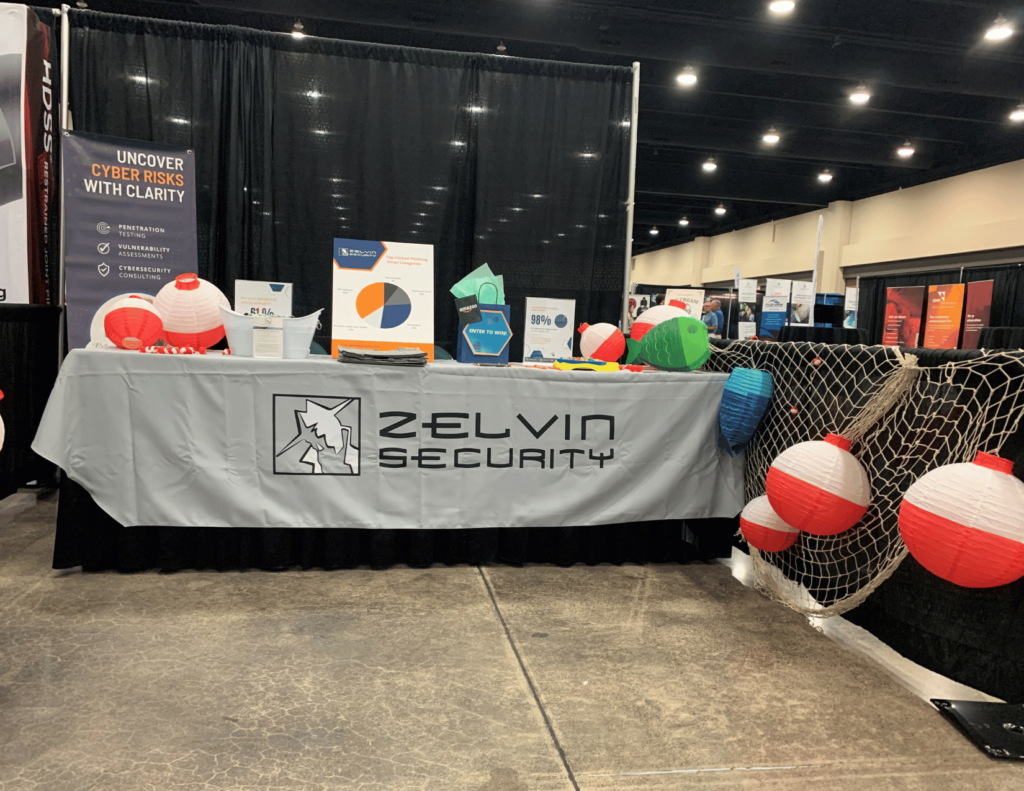
Protecting Your Digital Smile: The Importance of Continuous Security Testing
Protecting Your Digital Smile: The Importance of Continuous Security Testing
Continuous security testing is an essential component of an effective security strategy.
In today’s digital landscape, organizations face a constant stream of potential threats and vulnerabilities that can put sensitive data and critical systems at risk.
Without continuous security testing, organizations may be vulnerable to cyber-attacks, data breaches, and other security failures that can result in financial losses, legal liabilities, and reputational damage.
The Risks of Neglecting Continuous Security Testing
The consequences of neglecting continuous security testing can be severe. Data breaches and security incidents can lead to significant financial losses, regulatory fines, and lawsuits. Beyond the financial impact, security failures can also result in lost business and a damaged reputation.
Just as brushing your teeth is an essential daily habit for maintaining good oral hygiene, security testing is essential for maintaining the security and integrity of your digital systems.
Both may seem like routine tasks, but they are critical for preventing more significant issues. And just as a dentist can spot potential issues before they become major problems, security testing can identify and address potential vulnerabilities before attackers can exploit them.
So, make security testing a part of your routine, just like brushing your teeth, to keep your systems healthy and secure.
The Advantages of Continuous Security Testing
Continuous security testing provides organizations with several advantages. Organizations can reduce the risk of security incidents and data breaches by identifying and addressing potential vulnerabilities and threats. Continuous security testing can help organizations improve their security posture and increase stakeholder confidence.
Through continuous security testing, organizations can proactively identify and address security risks before they become major issues. Organizations can reduce their cyber-attacks and data breaches risk by avoiding potential threats.
Moreover, continuous security testing can help organizations improve their security posture. Organizations can build trust with customers, partners, and other stakeholders by demonstrating a commitment to security and taking proactive steps to address potential vulnerabilities.
Best Practices for Continuous Security Testing
Continuous security testing requires a well-designed program that includes regular vulnerability assessments, code reviews, and penetration testing. Organizations should also clearly understand how continuous security testing fits into their overall security strategy and how it can be integrated with other security measures.
To establish an effective continuous security testing program, organizations should consider several best practices, including:
- Identifying stakeholders: Establishing a clear understanding of the stakeholders involved in the program, including executives, IT staff, and third-party vendors.
- Developing a testing plan: Creating a plan for regular testing, including vulnerability assessments, code reviews, and penetration testing.
- Selecting the right tools and technologies: Identifying the right tools and technologies for continuous security testing, such as automated testing tools and vulnerability scanners.
Implementing Continuous Security Testing
Implementing a continuous security testing program can be a challenging process. Organizations must be prepared to invest the necessary resources, including staff time, training, and technology, to build a successful program.
One challenge that organizations may face is identifying potential vulnerabilities in third-party systems and applications. Organizations should ensure that their testing program includes a thorough assessment of third-party systems and applications to identify potential security risks.
Another challenge is ensuring that security testing remains a priority over time. Organizations should establish a culture of security that emphasizes the importance of continuous security testing and integrates it into the overall security strategy.
Leveraging Outside Providers like Ethical Hacking Companies
Organizations can enhance their continuous security testing program by working with outside providers, such as ethical hacking companies. Ethical hacking companies specialize in identifying and addressing potential vulnerabilities in digital systems and networks.
Ethical hacking companies can provide various services, including penetration testing, vulnerability assessments, and code reviews. These services can complement an organization’s internal security testing efforts and help to identify potential vulnerabilities that may have been missed.
By leveraging the expertise of outside providers, organizations can benefit from a fresh perspective on their security testing program. Ethical hacking companies often have experience working with a wide range of organizations and can bring insights and best practices from different industries and sectors.
Working with an ethical hacking company can also provide independence and objectivity that may take more work to achieve with an internal security testing team. Ethical hacking companies are typically not involved in the organization’s day-to-day operations and can provide an unbiased security posture assessment.
When selecting an ethical hacking company, it’s important to choose a provider that has the necessary expertise and experience to meet the organization’s specific needs. The provider should have a track record of delivering high-quality testing services and should be transparent in their approach and methodologies.
In addition to selecting the right provider, it’s important to establish clear communication and expectations for the engagement. The provider should clearly understand the organization’s security testing program and goals, and the organization should be prepared to provide the necessary access and resources for the engagement.
Dangers of The Dark Web: How to Reduce Your Risk Navigating the Dark Webs: A Clear Guide Beneath the familiar surface of the internet lies a hidden danger: the dark web. This platform poses serious risks to organizations, such…
Tennessee’s Utility District Association (TAUD) is helping its members comply with the state comptroller’s cybersecurity regulations and helping UD’s maintain efficient operations for its customers across the state. Last week, general managers, office managers, board members and commissioners joined together…
Continuous security testing is an essential component of an effective security strategy. In today’s digital landscape, organizations face a constant stream of potential threats and vulnerabilities that can put sensitive data and critical systems at risk. Without continuous security testing,…
It shouldn’t come as a surprise that the healthcare sector is one of the hackers’ favorite targets. And why wouldn’t it be? Patient data and hospital systems are highly valuable, making them perfect for demanding ransom. Any disruption in the…
You may already have a group of Information Technology professionals, and spend money on security tools to alert, detect, and quarantine security anomalies, so why would you even need to spend money on a penetration test? Well, just like any…
- « Previous
- 1
- 2





